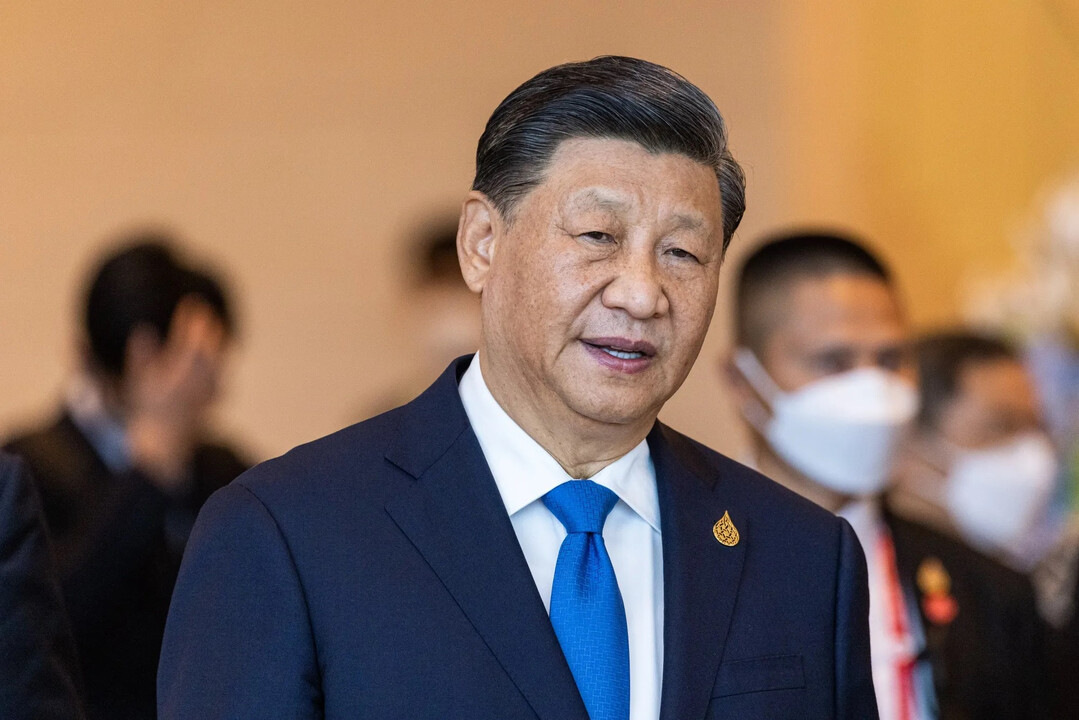
NEW YORK — In a significant policy shift, China has decided to forgo the special treatment accorded to developing nations in future World Trade Organization (WTO) negotiations. The move, announced by Chinese Premier Li Qiang, comes six years after then-President Donald Trump first pressured Beijing to abandon its developing country status, which has long been a point of contention in U.S.-China trade relations.
The decision is widely seen as a conciliatory gesture ahead of crucial trade negotiations with the United States. During a high-level meeting on the Global Development Initiative (GDI) in New York, Premier Li stated that China "will no longer seek new special and differential treatment in all current and future WTO negotiations."
Li's announcement was confirmed by Li Chenggang, China's Vice Minister of Commerce and Chief International Trade Negotiator. He described the move as an "important position statement" that considers both domestic and international dynamics. However, Li was quick to clarify that China's fundamental status as a developing country remains unchanged, and it will continue to work with other nations on WTO reforms.
The WTO grants developing nations various benefits, including extended deadlines for implementing trade rules, relaxed obligations for trade liberalization, and access to technical and financial assistance. These perks, known as Special and Differential Treatment (SDT), encompass over 150 provisions. There is no official WTO criteria for "developing nation" status, allowing member countries to self-declare or relinquish it.
The Trump administration's initial pressure in 2019 was rooted in the belief that China, as the world's second-largest economy, was unfairly leveraging its developing country status to engage in what the U.S. considered imbalanced trade practices. At the time, other countries like South Korea, Taiwan, Singapore, and Brazil gave up their status, but China resisted. This latest decision by China is a notable reversal, coming as the existing "tariff truce," which has seen both nations reduce tariffs on goods, is set to expire on November 10th. The move suggests China believes that accelerating trade talks is more beneficial than holding on to these perks.
Moreover, China's rapid economic and technological growth has diminished the practical necessity of developing nation privileges. The nation has progressed from being the "world's factory" to a leader in advanced sectors like electric vehicles, artificial intelligence, and robotics, making it increasingly difficult to justify the special benefits.
Despite the move, China's insistence on maintaining its developing nation status while only giving up the benefits may still create friction. This approach is viewed as an attempt to project itself as a leader in multilateral trade while simultaneously placating the U.S. In a public briefing, Li Chenggang framed the decision as a measure to "firmly uphold the multilateral trading system" and align with the "Global Development Initiative" championed by President Xi Jinping.
The United States, however, is likely to continue its efforts to weaken the WTO. During his first term, the Trump administration effectively paralyzed the WTO’s dispute settlement body by refusing to appoint new members to its appellate body. This recent development, while a step toward de-escalation, may not be enough to fundamentally change the U.S. stance on WTO reform, which seeks a more equitable system that prevents major economies like China from using developing nation status to their advantage.
[Copyright (c) Global Economic Times. All Rights Reserved.]




























